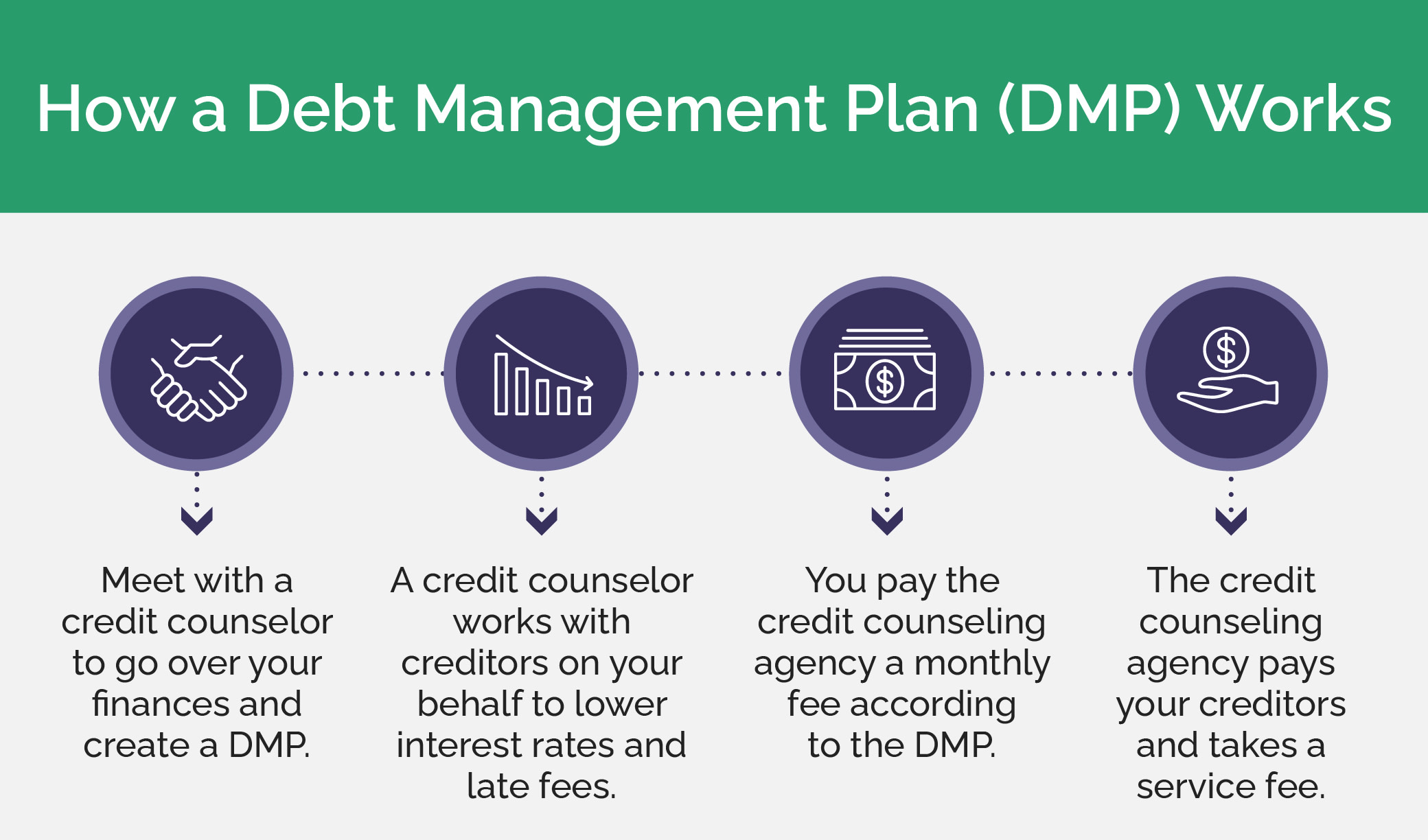Specialist Tips and Techniques for Implementing a Successful Debt Administration Strategy
When it comes to navigating the complexities of debt management, having a well-balanced plan is critical for accomplishing economic stability. Executing professional suggestions and methods can make a significant difference in your journey towards financial debt alleviation. From examining your present monetary standing to working out with creditors, each step plays a critical duty fit an effective financial debt management plan. By understanding the ins and outs of financial obligation management and taking on proven strategies, people can lead the way for an extra protected financial future.
Assessing Your Existing Financial Situation
Before beginning on a financial debt management plan, it is critical to completely review your present economic standing. Recognizing your monetary situation is the fundamental step towards properly handling and decreasing your financial obligation.

Establishing a Realistic Spending Plan
Comprehending your current economic circumstance lays the foundation for developing a realistic budget plan that aligns with your financial obligation administration goals and economic capabilities. When creating a spending plan, it's critical to precisely track your revenue, expenses, and debt commitments. By categorizing your costs, you can identify locations where you may require to cut back to release up funds for debt repayment.

Prioritizing and Dealing With Debts
To effectively reclaim control of your financial resources and work in the direction of monetary stability, focusing on and tackling your financial obligations is a vital action in your debt management strategy. Identify high-interest financial obligations that are costing you the most money and focus on paying them off.
After determining your high-interest financial debts, consider utilizing techniques like the financial debt snowball or financial obligation avalanche method to pay them off systematically. The financial obligation snowball method involves repaying the smallest financial debts first, while the debt avalanche method prioritizes debts with the greatest rate of more info here interest. Pick the approach that straightens ideal with your monetary goals and motivates you to maintain making development.
Furthermore, consider discussing with lenders for reduced rates of interest or establishing a layaway plan if you're struggling to meet your current obligations. Looking for assistance from a debt counselor or economic consultant can likewise give beneficial insights and assistance on just how to effectively tackle your financial obligations - debt management plan services. By focusing on and addressing your financial obligations purposefully, you can lead the way towards a debt-free future and enhanced monetary wellness
Bargaining With Creditors
When participating in financial obligation administration, bargaining with financial institutions is a vital action in the direction of locating mutually advantageous services for financial obligation payment. Open up communication with lenders can cause modified repayment plans, reduced rate of interest, and even settlement offers. Prior to launching arrangements, it is vital to have a clear understanding of your economic scenario, including your revenue, costs, and the overall amount of debt owed. This details will certainly not only help you make reasonable offers but additionally demonstrate to creditors that you are committed to dealing with the debt.

Building Healthy And Balanced Monetary Behaviors
Integrating regular budgeting practices is vital for growing healthy monetary behaviors. Budgeting allows individuals to track their earnings and expenditures, enabling them to make enlightened choices about their financial top priorities. Establishing particular monetary objectives, such as conserving for emergencies or retired life, can give a clear roadmap for taking care of cash effectively.
Another key facet of building healthy and balanced financial behaviors is living within one's ways. This entails investing much less than what is helpful hints gained and staying clear of unnecessary debt. Distinguishing and adopting an economical mindset in between wants and needs can aid people make more prudent spending choices.
Routinely keeping an eye on and evaluating financial statements credit rating reports are critical behaviors that advertise financial awareness and responsibility. By remaining educated regarding their monetary standing, individuals can recognize prospective issues early on and take aggressive actions to address them.
Furthermore, developing a cost savings practice, despite tiny amounts, can add substantially to long-lasting financial security. Conserving consistently not only constructs a monetary cushion for unanticipated costs but also cultivates a sense of discipline and obligation in the direction of cash management. By continually practicing these behaviors, individuals can lay a solid foundation for a secure financial future.
Final Thought
In final thought, applying a successful financial debt management strategy requires a detailed assessment of one's monetary situation, the advancement of a practical budget, focusing on and tackling financial obligations, discussing with creditors, and building healthy and balanced economic practices (debt management plan services). By adhering to these specialist suggestions and approaches, people can take control of their finances and work in the direction of attaining financial stability and flexibility from financial obligation
Recognizing your present financial scenario lays the groundwork for developing a reasonable budget plan that straightens with your debt monitoring objectives and economic capabilities.To successfully reclaim control of your finances and work towards financial stability, prioritizing and tackling your debts is a critical action in your financial debt monitoring strategy.After recognizing your high-interest financial debts, consider utilizing methods like the financial obligation snowball or financial debt avalanche technique to pay them off methodically. The financial obligation snowball technique involves paying off the smallest debts first, while the financial debt avalanche approach focuses on financial obligations with the greatest rate of interest rates.When engaging in financial obligation management, negotiating with creditors is a critical action in the direction of discovering mutually useful services for debt repayment.